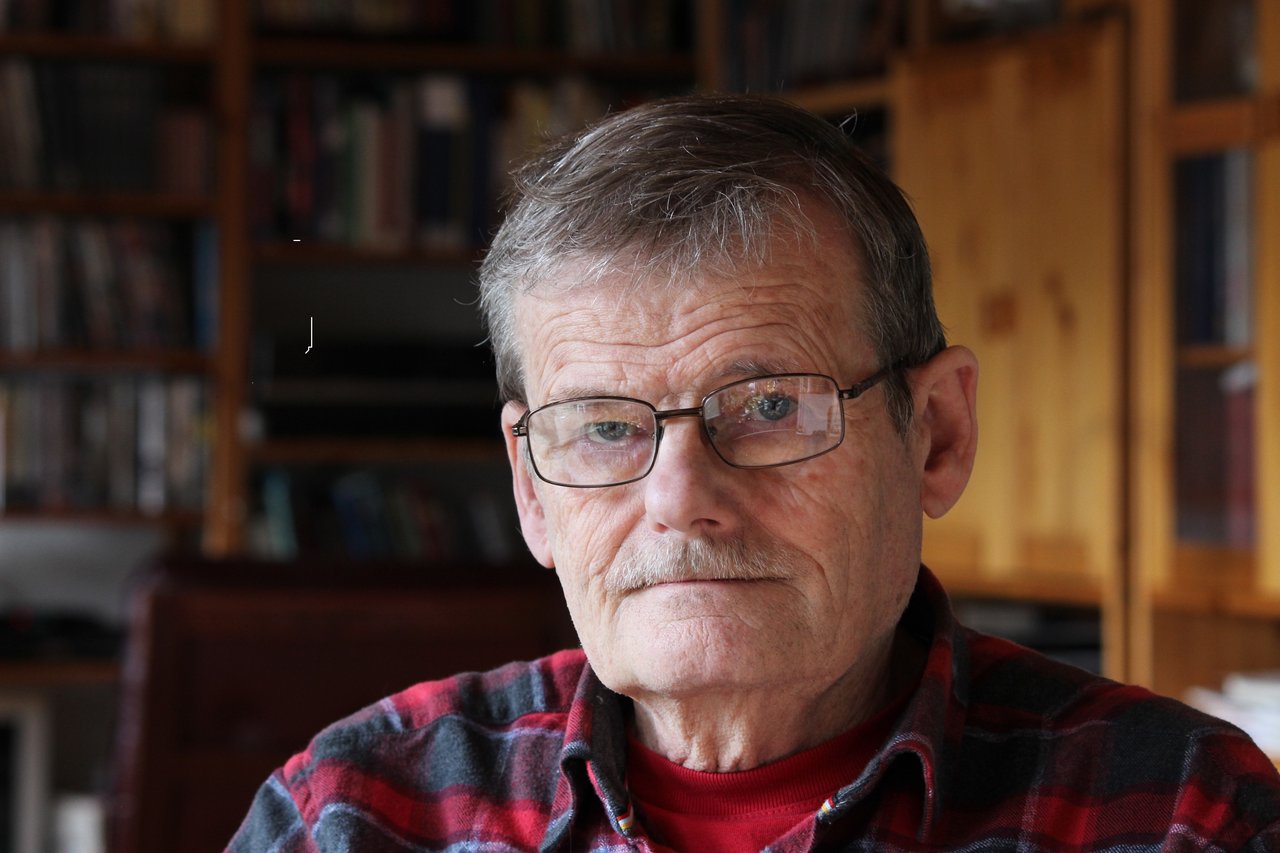We need to work in new ways - on drug follow-up in healthcare
Sven Ternov is a medical doctor, specialist in general medicine, and doctor of technology. He has spent most of his professional life working with risk management, e.g. as a supervising physician at the National Board of Health and Welfare in Malmö, as well as a researcher at the Department of Work Environment Technology, Lund University of Technology, where he defended his dissertation on risk management.

The elderly and pharmaceuticals is an area that Sven is passionate about and where he sees great opportunities for improvement.
"Just look at IVO's (Health and Social Care Inspectorate) latest report where they describe that half of the patients at SÄBO (special accommodation for the elderly) lack a drug review today and that every fifth patient receives inappropriate drugs. We should have come further, and we must catch the side effects earlier and more precisely", says Sven.
Unnecessary suffering
"Think of the amount of unnecessary suffering that patients are exposed to when we as doctors and other healthcare professionals do not do what we are actually required to do, i.e., listen to the patients when they tell them what symptoms they have, and then go through their medicines to see if we can replace or remove some."
It is also cost-effective not to do the work properly, points out Sven, and mentions extra doctor's visits, taking care of fall injuries, and visits to emergency departments as examples of expensive activities that can be linked to drug side effects.
System errors in healthcare
Sven believes that one of the reasons why medication follow-ups are not done for all patients is that there are major system errors in care today, something that he has also shown in his research. One of these system errors is that there is a lack of a common IT system.
"If a healthcare center carries out the medication review while the patient is on medications that are prescribed in inpatient care, these medications usually do not appear in the medication list. With 20 regions and 290 municipalities that all have a great deal of self-determination, it can easily get messy. Uniform time was introduced in Sweden in 1878, so maybe it is time to introduce a uniform IT system now?"
Lack of time
According to Sven, another reason for the missed reviews of the patients' medication is that the nursing staff is very stressed.
"I don't think anyone deliberately avoids reviewing a drug that they suspect is causing strong side effects in a patient or generally doing a proper follow-up after a new drug has been introduced, but if you have a constant lack of time, the drug follow-up can easily be de-prioritized."
A drug follow-up or drug review usually requires a lot of time, says Sven, it is very striking in FASS and searching in SIL and other systems and documents. If the doctor only meets his patient during the medication review, there is not much time for reflection or preparation either.
Work Differently
"I think you have to start working in a partly new way. You can have the patient do the symptom assessment themselves before the meeting as a basis for the side effects. Today, there are also good tools that automatically go through the drug list and show which drugs do not fit together and which can cause the side effects that the patient indicated. These should be run regularly on every patient. It would save so much time for the doctors and nurses, and the medication follow-ups would be done regularly for each patient. The staff must have access to the IT aids that do exist today."
Strengthens the role of relatives
By making the symptom assessment digital, it would also be possible to involve relatives much more in that work, according to Sven.
"Relatives are often the ones who have the most contact with the patient and daily both see and hear what the patient experiences in the form of side effects. If you succeed in involving the relatives more, I am convinced that drug side effects are caught better. In addition, the role of the next of kin would be strengthened in care, which is in full accordance with the requirements of the Patient Act to make the patient and next of kin participate in the care. It is something we talk about a lot but sometimes finds it difficult to make concrete. The person who knows the patient best is usually the patient himself and his family, we must use that."

